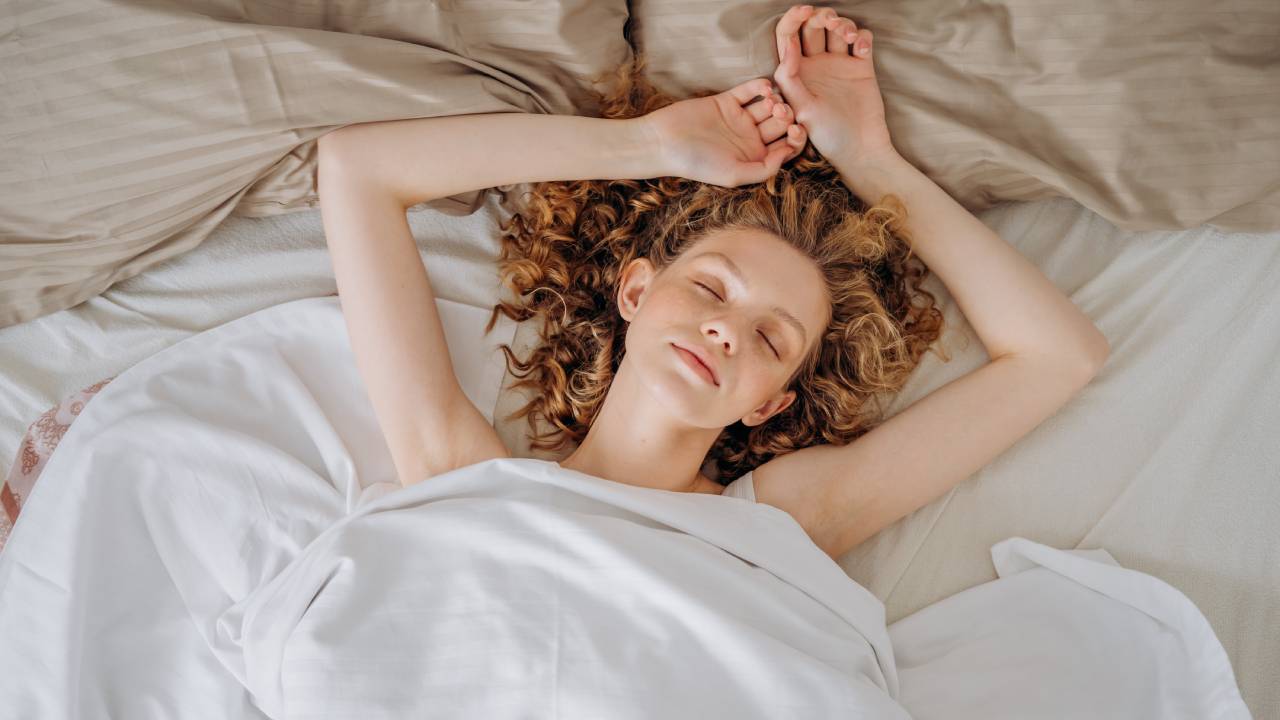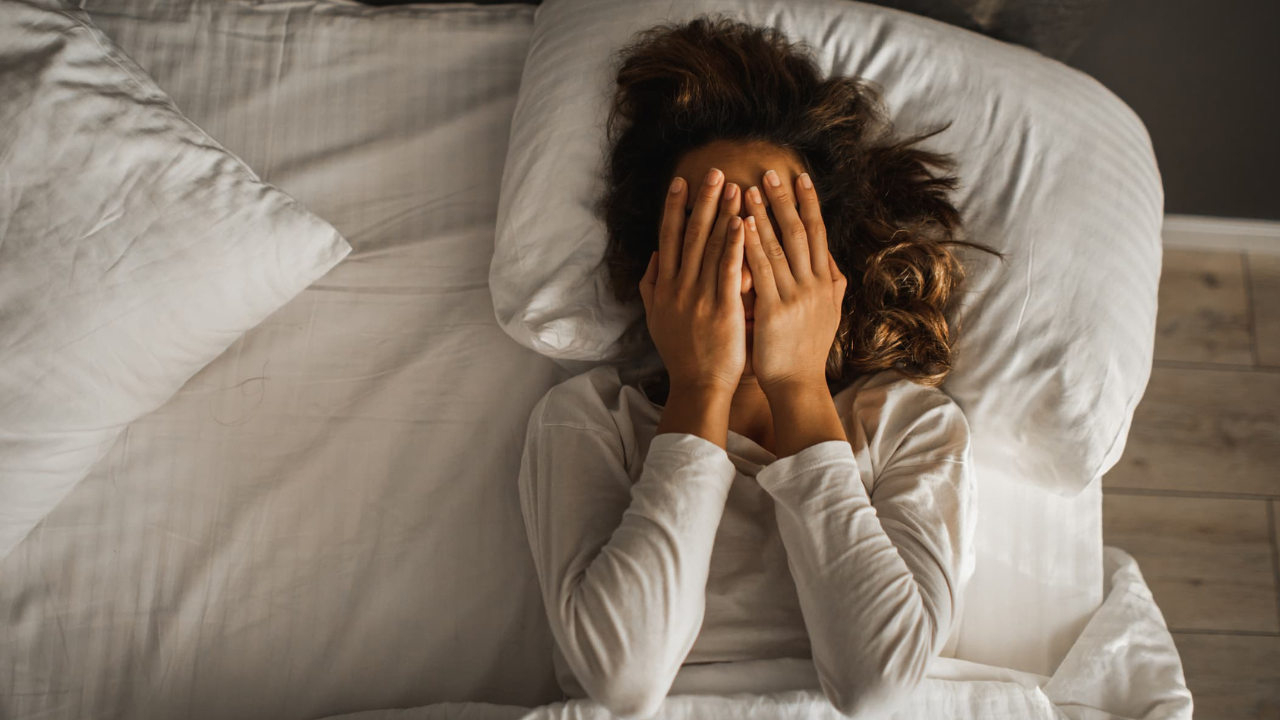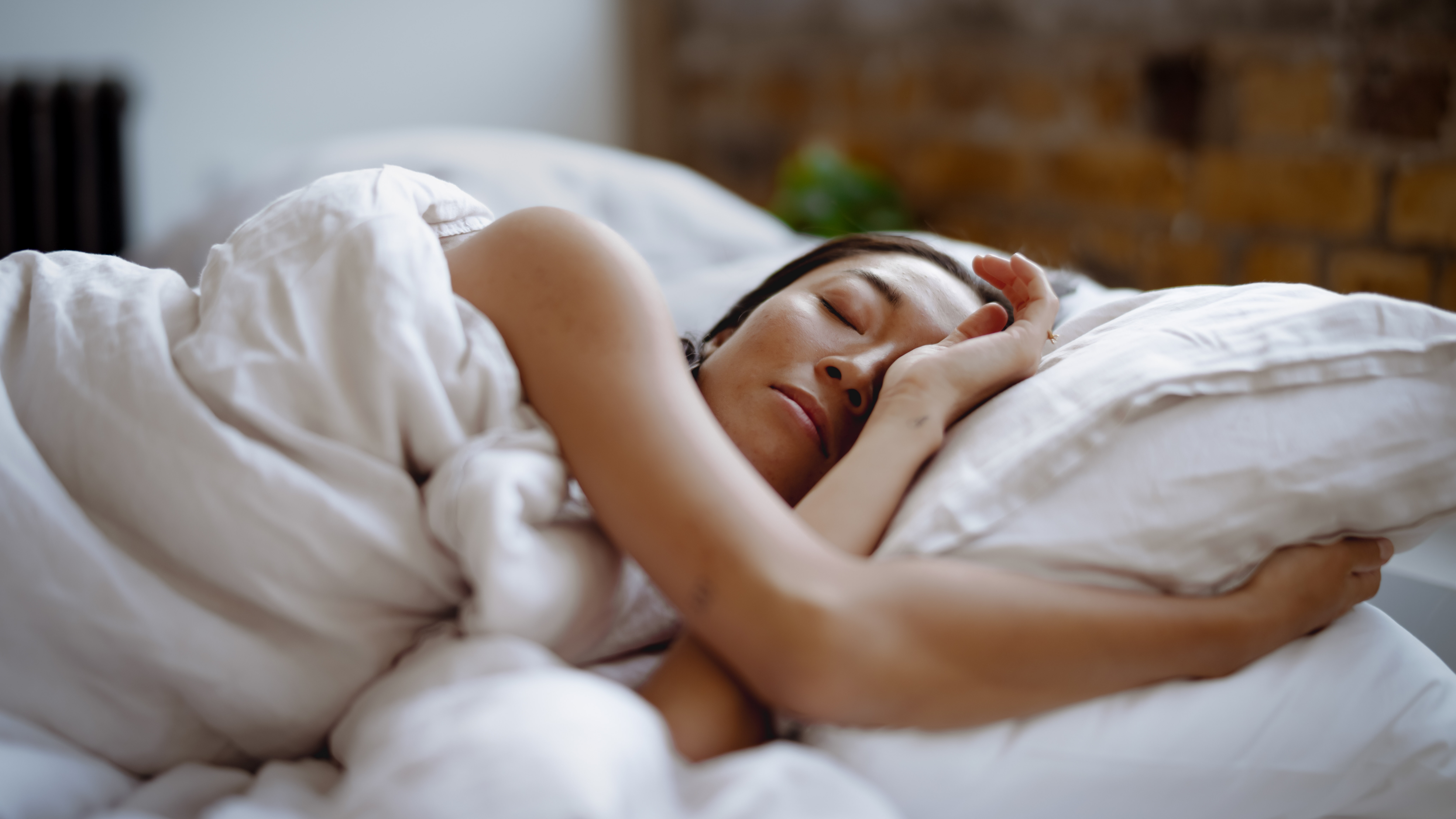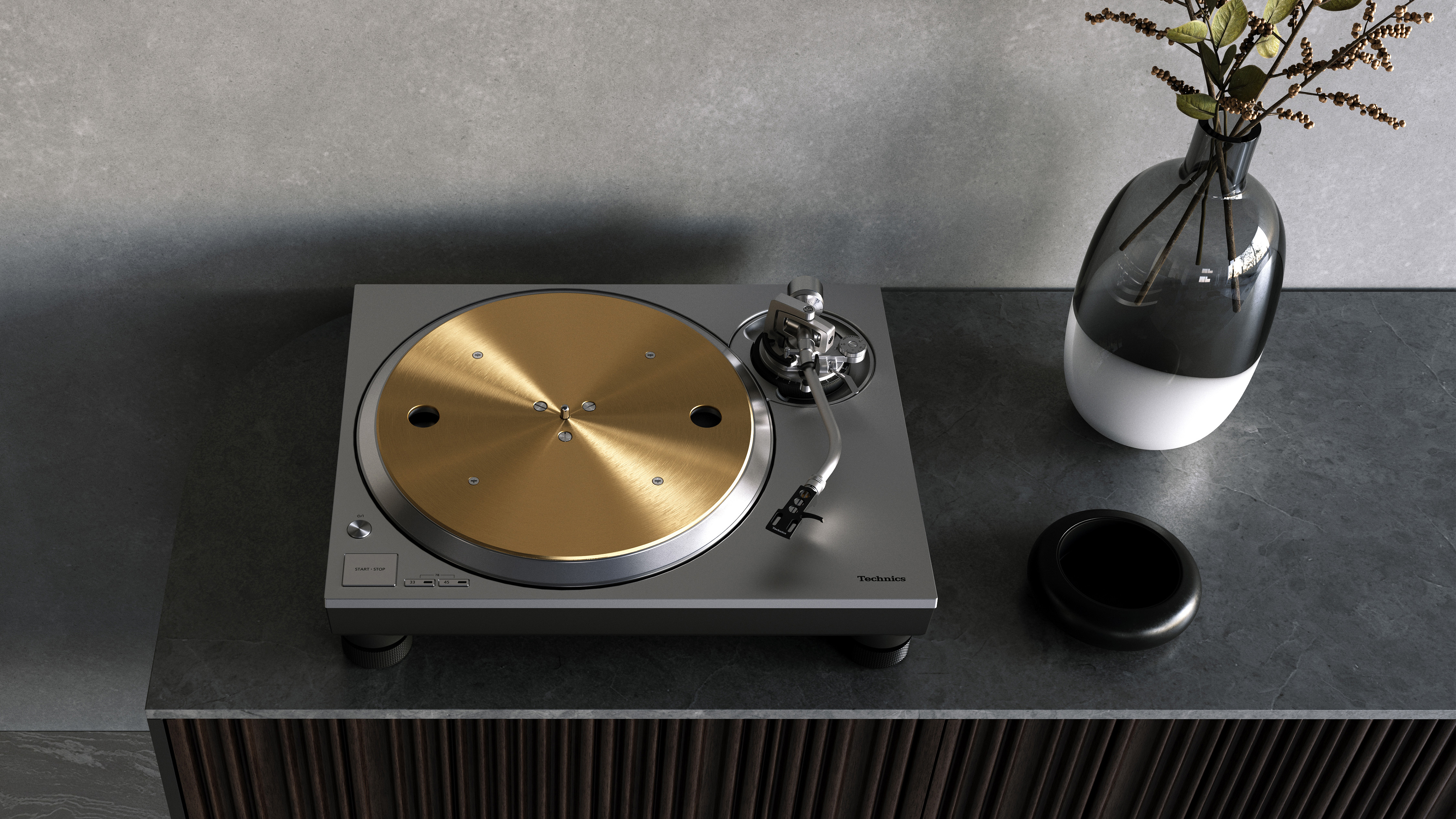

The latest sleep trend to go viral on TikTok is ‘bed rotting’. Leading the charge on this trend is Gen Z who claim that the gross-sounding bed rotting trend is an act of self-care… but I’m not entirely convinced.
TikTok sleep trends have become insanely popular over the years, from the military sleep method to the rapid tapping technique. Whether it’s finding out how to get a better night’s rest or glamourising your evening routine, TikTok has become the go-to place for sleep and self-care advice… and now we have bed rotting.
Bed rotting doesn’t exactly sound enjoyable, with its terminology conjuring up images of people lying on a mouldy bed surrounded by filth. Instead, this new self-care trend is all about lying in bed all day. Yes, that’s it. While TikTok-ers are raving about bed rotting, many sleep experts and medical professionals have completely conflicting ideas behind it. Some love bed rotting and say that it’s “the end of optimisation and anti-productivity", whereas others say it can lead to bigger problems down the line.
So, what is bed rotting? Is it a good way to utilise your time in bed? And how much rest is too much rest? I spoke to sleep experts and medics to see if the bed rotting trend is something we should be indulging in… and here’s why I’m not convinced.
P.S. If your mattress is looking saggy and old, upgrade to the best mattress.
What is bed rotting?
Bed rotting is a term that refers to spending most or all of your day in bed. This ‘rotting’ isn’t during the hours when you should be sleeping but during the time where you should be awake. While bed rotting doesn’t come with a set of instructions, it can be spent doing just about anything… or nothing at all. Some bed-rotters enjoy watching films, playing games, scrolling through social media, reading or pampering themselves.
I know what you’re probably thinking: how is this self-care and not laziness? Well, the argument many people make in favour of bed rotting is that it’s a way of listening to what your mind and body needs, which is rest, relaxation and rejuvenation. As society has become laser-focused on productivity and getting as much done as possible each day, bed rotting is the antithesis of that and many sleep experts and scientists are encouraging people to get cosy and rest. However, others are saying that it can ruin your sleep and affect your health.
Sign up to the T3 newsletter for smarter living straight to your inbox
Get all the latest news, reviews, deals and buying guides on gorgeous tech, home and active products from the T3 experts
@braincraft ♬ Coastline - Hollow Coves
How does bed rotting impact your sleep and health?
Resting when your body needs it is incredibly important, as you don’t want to overexert yourself to the point of exhaustion. But, bed rotting for an entire day could be the answer to having a productive and energised week ahead. On the other hand, it could be doing more harm than good.
The main positive for bed rotting is rest. If you’ve had a busy week, you might want to hibernate on the weekend by barely moving out from under the covers. Or maybe you’ve just come back from a dinner with friends and need a few hours to recharge your batteries. Both are great ways to look after yourself and give your mind and body what it’s craving, plus it can result in you having a productive or happier week ahead.
Wellness has become a big priority in the past few years, and having a few hours of bed rotting can give you a chance to focus on things you enjoy. While you can do nothing during your bed rot, many people choose to prioritise their hobbies and self-care like reading, journaling, doing a face mask and meditating.
Now onto the negatives and why I’m not entirely on board with bed rotting. First, bed rotting can disrupt your sleep schedule and circadian rhythm. As stated by Maryanne Taylor, sleep consultant at The Sleep Works, “spending too much time lying in bed awake can reinforce the association between sleep and wakefulness, making it harder to fall asleep in bed when you need to.” This is one of the rules for good sleep hygiene and if you’re not getting enough quality sleep, it can affect your health and performance.

If you’re using your phone or laptop while you bed rot, this can have an affect on your eye health. Consuming too much blue light and having your phone inches from your face can cause fatigue, twitching, redness and dryness. Not only does this make your eyes feel uncomfortable and irritated, but it can also lead to dry eye syndrome or computer vision syndrome, according to Alastair Lockwood, eye health specialist at Feel Good Contacts.
Other negatives associated with bed rotting is that it’s not great for the body as you’re not getting much movement or sunlight. Health professionals have also said that bed rotting could be a sign of depression and that some people could be using it to avoid problems, social interactions or important things that they should be doing.
Don’t get me wrong, I love sleeping in on the weekend and lying in bed for an hour after waking up. But once I’m out of bed, I’m not getting back in as I need to differentiate between sleep and wakefulness so I can get a good night’s sleep. It’s always good to listen to your body especially if it needs rest but bed rotting for an entire day looks like it has more negatives than positives. If bed rotting helps you feel and perform better, it’s a pretty harmless trend to try but if you’re using it to avoid people and problems, it doesn’t sound healthy to me.

Beth is Home Editor for T3, looking after style, living and wellness. From the comfiest mattresses to strange things you can cook in an air fryer, Beth covers sleep, yoga, smart home, coffee machines, watches, grooming tools, fragrances, gardening and much more. If it's something that goes in your house, chances are Beth knows about it and has the latest reviews and recommendations! She's also in the know about the latest deals and discount codes from top brands and retailers.
Having always been passionate about writing, she’s written for websites, newspapers and magazines on a variety of topics, from jewellery and culture, to food and telecoms. You can find her work across numerous sites, including Wedding Ideas Magazine, Health & Wellbeing, The Bristol Post, Fashion & Style Directory, TechRadar, CreativeBloq and more. In her spare time, Beth enjoys running, reading, baking and attempting craft projects that will probably end in disaster!
-
 I spent 6 weeks with the FoodMarble Aire 2: here’s what I learned about my gut health
I spent 6 weeks with the FoodMarble Aire 2: here’s what I learned about my gut healthI’ve been testing the clever breath-testing gadget with the companion app over several weeks to find out if it delivers on its promises
By Lee Bell
-
 Oil pulling is going viral on TikTok for stopping morning breath – but does it actually work?
Oil pulling is going viral on TikTok for stopping morning breath – but does it actually work?4 hacks that prevent morning breath, according to a sleep expert
By Bethan Girdler-Maslen
-
 These limited edition McLaren x Loop earplugs are what you need for Formula 1 season
These limited edition McLaren x Loop earplugs are what you need for Formula 1 seasonMcLaren teams up with Loop on limited edition noise-reducing earplugs
By Bethan Girdler-Maslen
-
 5 sleep supplements that help me achieve 8+ hours of rest every night
5 sleep supplements that help me achieve 8+ hours of rest every nightIt took me years to perfect my sleep routine – here are the supplements that helped
By Lizzie Wilmot
-
 3 reasons why you wake up at 3am every night – and how to avoid it
3 reasons why you wake up at 3am every night – and how to avoid itAlways waking up in the middle of the night? This could be why…
By Bethan Girdler-Maslen
-
 This tiny device will automatically disable your distracting apps before you sleep
This tiny device will automatically disable your distracting apps before you sleepSay hello to Kip...
By Lizzie Wilmot
-
 Therabody experts give 7 tips for perfecting your sleep routine for World Sleep Day
Therabody experts give 7 tips for perfecting your sleep routine for World Sleep DayFrom breathing exercises to sleep masks, here’s how to prioritise sleep, according to experts
By Bethan Girdler-Maslen
-
 Loop Dream review: super soft earplugs to help you snooze soundly, even if you’re a side sleeper
Loop Dream review: super soft earplugs to help you snooze soundly, even if you’re a side sleeperSquishy silicone and uniquely shaped ear tips take Loop’s nighttime earplugs to dreamy heights
By Joanna Ebsworth

